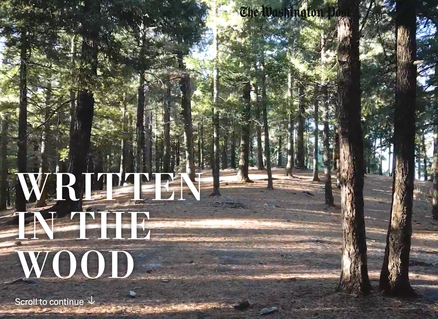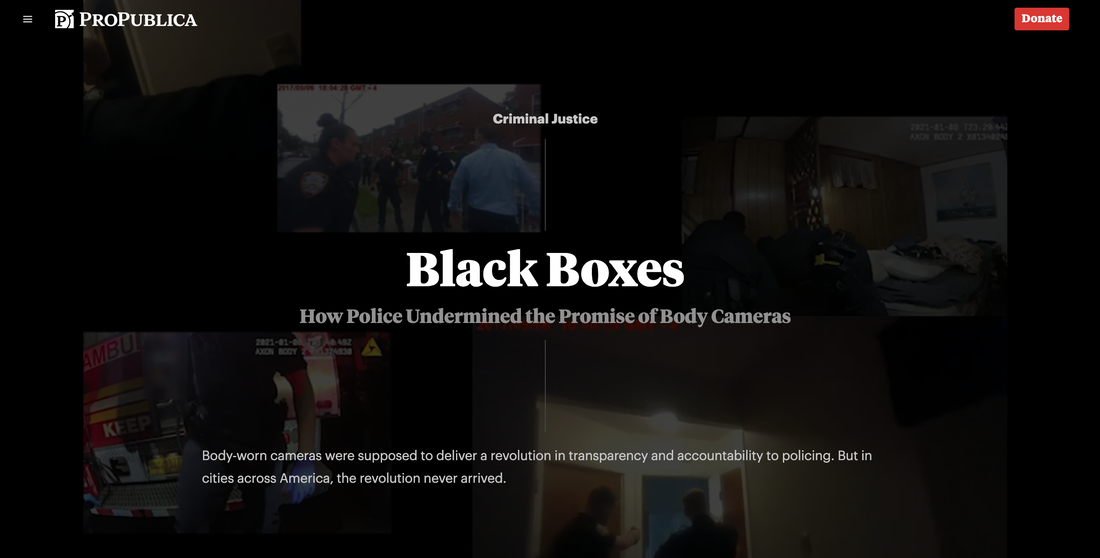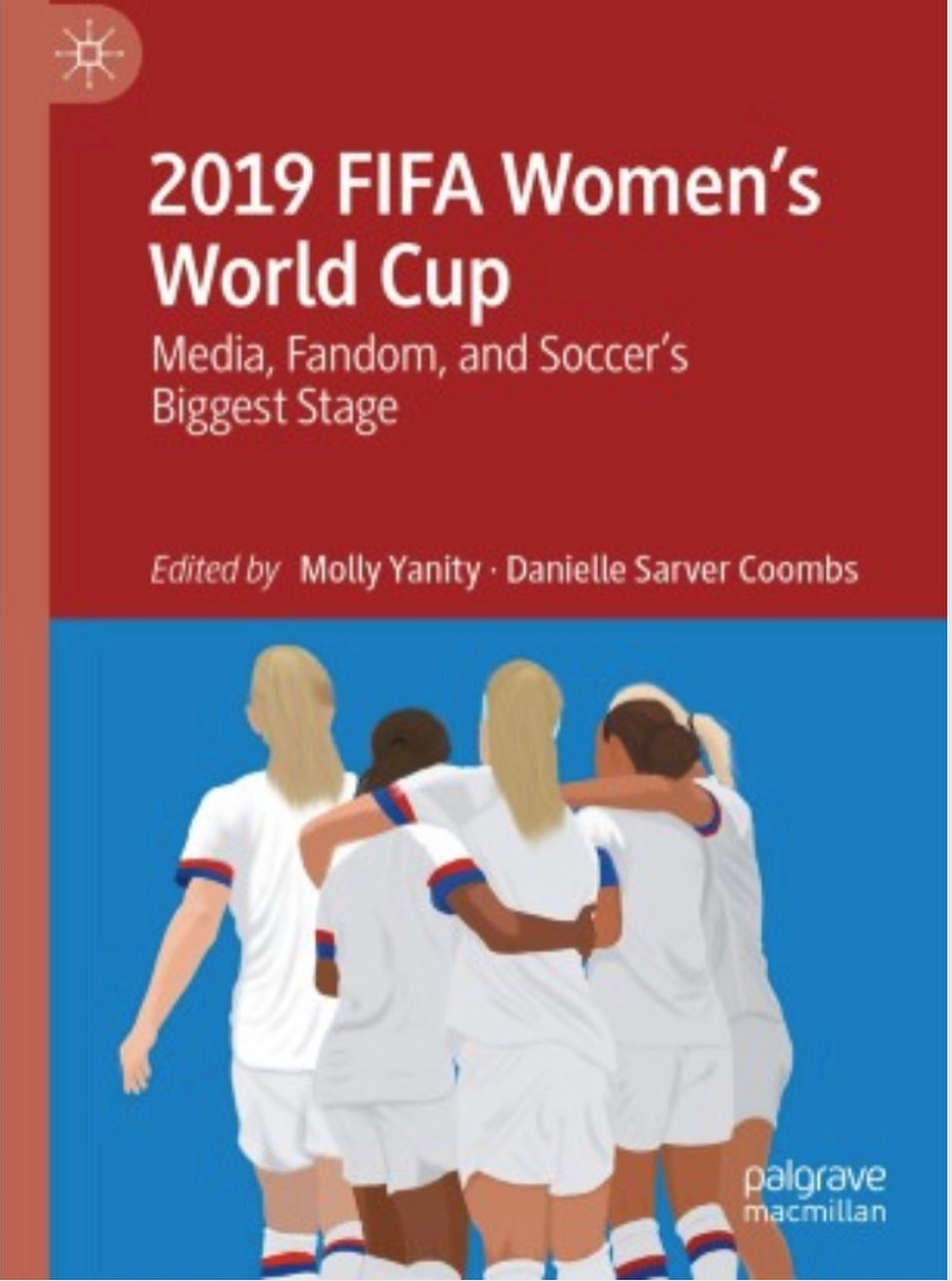|
I started reading this investigative series today after listening to ProPublica's Eric Umansky discuss his reporting on The Daily podcast. The stories are about how police use body cameras and how the transparency and accountability that were supposed to follow body cam-usage rarely came to be.
The main article was released in mid-December last year, but it had an immediate impact as the New York Police Department changed course and decided to stop the practice of denying body-cam footage of police shootings to civilian investigators. But the one story in this joint investigation -- between ProPublica and The New York Times Magazine -- that really gave me pause was Umansky's own story about the night he and his neighbors witnessed a police cruiser hit a Black boy in the street and what happened after. It piques interest and makes one understand why a reporter would take on this cumbersome project. It's pretty amazing and it's the best thing I've read this week.
0 Comments
 More doom and gloom, but when human behavior doesn't change... duh. A Washington Post team didn't just do amazing reporting for this interactive piece, "Written in the Wood," it also made it so visually engaging that one would think it might be so simple for humans not to digest they actually might do it. And, dare I add, do something about it. The story is about trees in the Sonora Desert in Arizona and how researchers are screaming what these trees are trying to tell us about the climate crisis as it happens. I don't hold out much hope for us, but I do hope you give it a read.  Photo courtesy of Stanford Athletics on ESPN.com Photo courtesy of Stanford Athletics on ESPN.com This week, I have read a handful of strong journalistic pieces. I mean, it's two weeks before finals, so I'm probably procrastinating on grading a little bit, thus the extra reading. But I do typically start my mornings off with my daily newsletters from The Washington Post, New York Times, The Athletic, Punchbowl News, The Marshall Project, ProPublica and The Dispatch. Now, I don't have premium subscriptions to them all, but I like the links they provide and more. Anyway, this horrifying gem came from The Washington Post. The details are staggeringly awful and I understand why one might not want to read it; it's a total downer that makes you wonder how and why human beings can be so awful to each other, but give writer Peter Jamison his due on a thoroughly researched and reported story that also reads brilliantly despite the vile details. Because things are extra heavy right now with wars raging in eastern Europe and the Middle East and so much pain and hatred out there, I cocooned myself in sports this week. Not to go on too much of a tangent here, but there can be plenty of grossness in sports, so it isn't exactly a reprieve, but I find a freshness and purity in college sports that aren't football and men's basketball, in sports that don't have multimillion coaches and ginormous TV contracts. Like, women's college volleyball. The coolest event I covered in a 15-year sportswriting career was the NCAA Division I Women's Volleyball Final Four in Omaha, Nebraska in 2006. I'm not sure, as a sports fan, you've ever seen a spectacle until you've seen a Nebraska volleyball match. Just thinking about that crowd at Qwest Arena all those years ago gives me goosebumps -- and that was almost 20 years before the Huskers played a match in a packed football stadium. The stories that come out of those sports aren't widely known beyond their diehards. So, this story about the Stanford setter, Kami Miner, and her father brought good tears to my eyes this morning. Aishwarya Kumar got to the heart of the matter in this story. She didn't overwrite to get the emotion across. And she left me rooting Kami, the Cardinal -- and Harold -- on. This piece from ESPN is the best thing I've read this week. |
2019 FIFA Women's World Cup: Media, Fandom, and Soccer's Biggest Stage is available online and in hardback from Palgrave Macmillan.
Molly Yanity, Ph.D.
|



